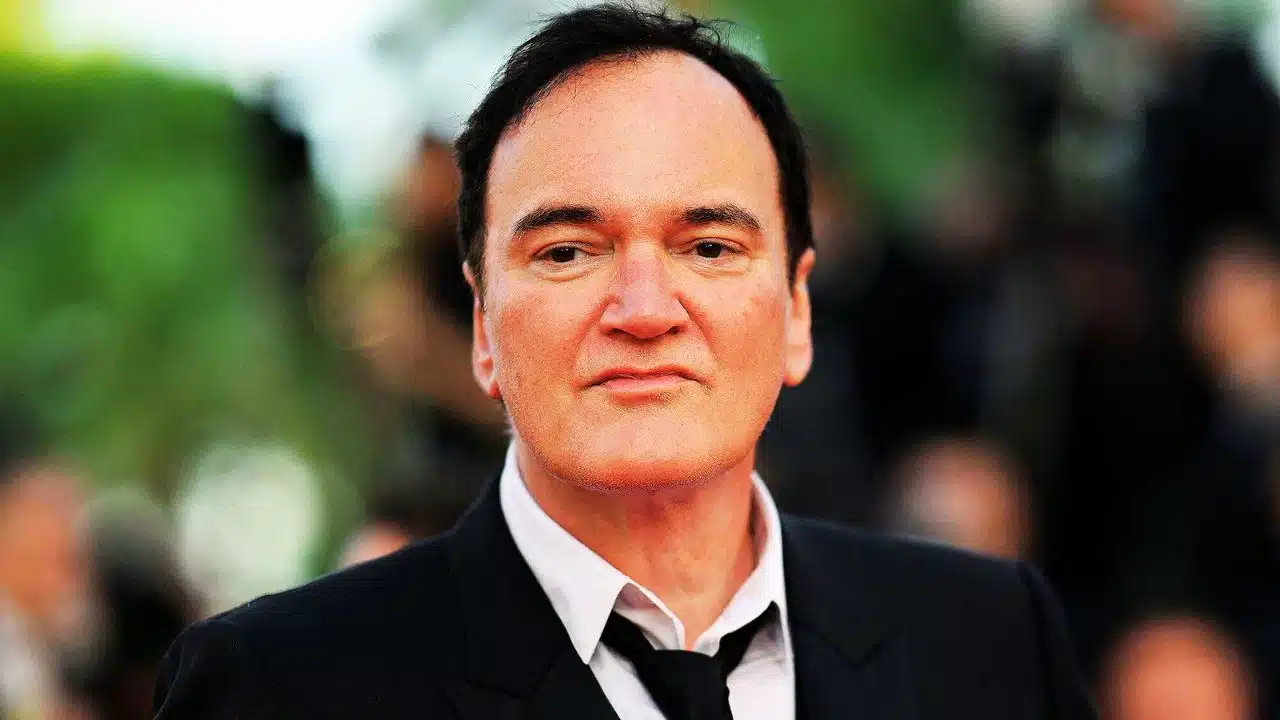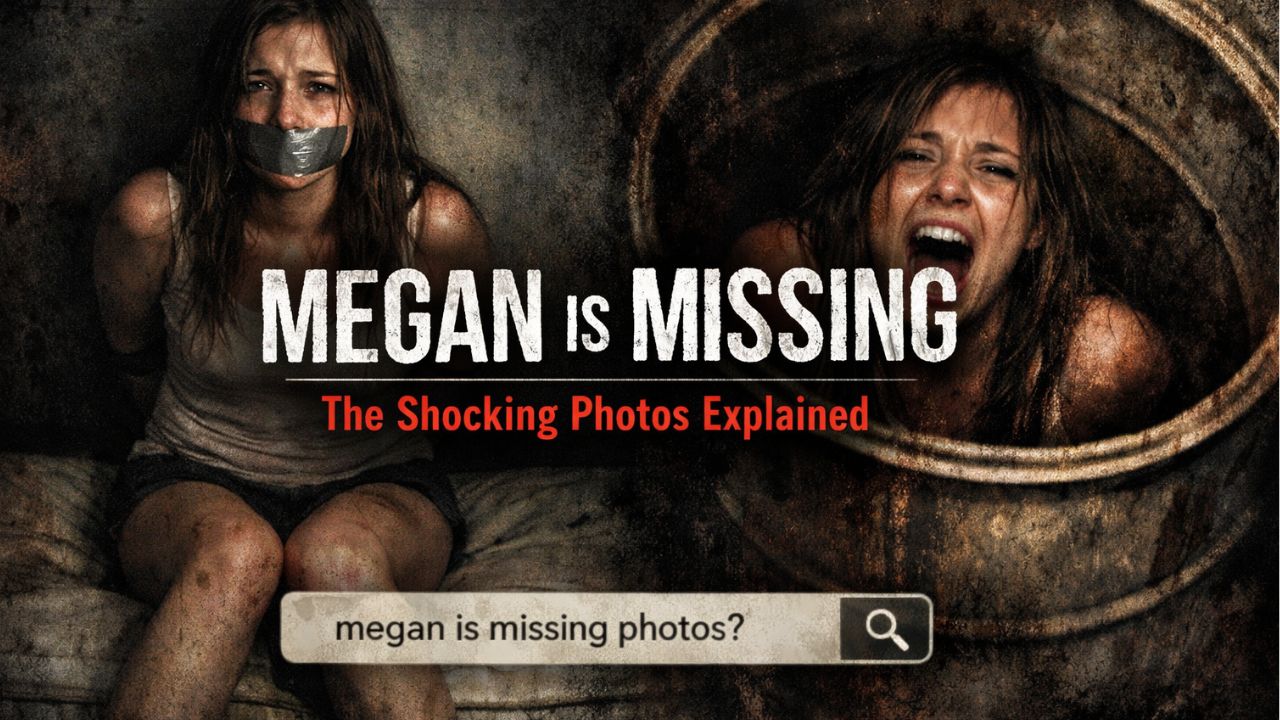Quentin Tarantino, one of Hollywood’s most iconic directors, has sparked controversy with his recent comments regarding the tragic shooting on the set of the film “Rust.” The incident, which resulted in the death of cinematographer Halyna Hutchins, has been the subject of intense scrutiny and legal battles. Tarantino’s perspective, shared during a conversation with Bill Maher on the “Club Random” podcast, adds a new layer to the ongoing debate about who should bear responsibility for the fatal incident.
Tarantino’s Perspective: Dividing Responsibility
During the podcast, Bill Maher brought up the topic of Alec Baldwin, the actor at the center of the “Rust” shooting controversy. Maher expressed his view that the charges against Baldwin were unwarranted, calling the situation “BS.” However, Tarantino, known for his candid and often provocative opinions, did not fully agree with Maher’s assessment. Instead, he offered a more nuanced view, suggesting that while Baldwin is not entirely to blame for the tragedy, he does share some of the responsibility.
According to Tarantino, the bulk of the blame—about 90%—should be placed on the film’s armorer, Hannah Gutierrez-Reed. As the armorer, Gutierrez-Reed was responsible for managing and ensuring the safety of all weapons used on the set. Tarantino argues that it was her job to make sure that the gun handed to Baldwin was safe to use, free of live ammunition, and ready for the scene. However, Tarantino did not absolve Baldwin of all responsibility. He stated that actors, including Baldwin, should take the extra step of personally checking any weapons they are given to ensure there are no bullets in the barrel or any other potential hazards.
Tarantino’s comments highlight a broader discussion within the film industry about the responsibilities of actors and crew members when it comes to on-set safety. His suggestion that actors should check their weapons contradicts the established practices and expectations in Hollywood, where specific roles, such as the armorer, are dedicated to handling firearms and ensuring their safety.
The Industry’s Stance: SAG-AFTRA’s Position on Weapon Safety
Tarantino’s views are not universally accepted, particularly by SAG-AFTRA, the union representing actors and other performers in the entertainment industry. The union has made it clear that it does not believe it is an actor’s responsibility to inspect weapons before scenes. SAG-AFTRA’s position is based on the understanding that actors are not trained firearms experts and that the responsibility for ensuring weapon safety lies with the professionals on set, such as the armorer.
The union’s stance has been consistent throughout the investigation and legal proceedings related to the “Rust” shooting. They argue that placing the burden of weapon safety on actors could lead to dangerous situations, as actors may not have the expertise to properly inspect and assess the safety of a firearm. This disagreement between Tarantino and SAG-AFTRA underscores the complexities of safety protocols on film sets and the different perspectives on how these protocols should be enforced.
Legal Developments: Charges Dismissed Against Baldwin
The legal case against Alec Baldwin has been a focal point of the “Rust” shooting aftermath. Initially, Baldwin was charged with involuntary manslaughter in connection with Hutchins’ death. The charges stemmed from the fact that Baldwin was the one who fired the gun that killed Hutchins, although Baldwin has consistently maintained that he did not pull the trigger and was unaware that the gun contained live ammunition.
However, in a significant turn of events, the manslaughter charge against Baldwin was dismissed by a judge in July. The dismissal came after it was revealed that the prosecutors had mishandled crucial evidence, placing it in an improper file that effectively concealed it from Baldwin’s legal team. This procedural error undermined the prosecution’s case and led to the charges being dropped.
Despite the dismissal of the criminal charges, Baldwin’s legal troubles are far from over. Following the dismissal, Baldwin filed a lawsuit against Special Prosecutor Kari Morrissey and Santa Fe County Sheriff Adan Mendoza. Baldwin’s lawsuit accuses them of misconduct in handling the case, alleging that their actions were part of a broader effort to scapegoat him for the tragedy.
Baldwin’s legal team has been vocal in their criticism of the investigation and prosecution, arguing that their client has been unfairly targeted. The lawsuit against Morrissey and Mendoza is likely to prolong the legal battles surrounding the “Rust” shooting, keeping the case in the public eye for the foreseeable future.
The Broader Impact: Safety on Film Sets
The “Rust” shooting has prompted widespread reflection and discussion within the film industry about safety practices on set, particularly concerning the use of firearms. The incident has exposed gaps in existing safety protocols and has led to calls for stricter regulations and oversight.
In response to the tragedy, some filmmakers and production companies have vowed to stop using real firearms on set, opting instead for digital effects to simulate gunfire. This shift reflects a growing concern about the risks associated with using real weapons, even with the presence of trained professionals like armorers.
However, not everyone agrees that eliminating real firearms from film sets is the solution. Some argue that with proper training and strict adherence to safety protocols, the use of real firearms can be done safely. This debate mirrors the broader discussion sparked by Tarantino’s comments about where responsibility lies and how to prevent similar tragedies in the future.
Tarantino and Maher Critique the Marvel Cinematic Universe
The “Club Random” podcast episode also touched on other topics, including the Marvel Cinematic Universe (MCU). Both Tarantino and Maher shared their critical views on the MCU, with Tarantino being particularly vocal about his disdain for the franchise. He argued that the dominance of superhero movies in Hollywood has stifled creativity and led to a homogenization of film content.
Tarantino’s criticism of the MCU is not new. He has previously expressed his concerns about the impact of blockbuster franchises on the film industry, lamenting that they leave little room for original storytelling and artistic innovation. Maher echoed these sentiments, adding that he feels the MCU’s formulaic approach to filmmaking has become tiresome.
Their comments on the MCU, while not directly related to the “Rust” shooting, reflect a broader critique of the current state of the film industry, where safety concerns and creative challenges coexist in a complex and evolving landscape.
Response from Baldwin’s Legal Team
As of now, Alec Baldwin’s legal team has not responded to Quentin Tarantino’s comments about the “Rust” shooting. It remains to be seen whether Baldwin’s attorneys will address Tarantino’s views or whether they will focus solely on the ongoing legal battles.
Baldwin’s case continues to be a lightning rod for debate, with opinions divided on whether the actor should be held accountable for the tragic incident. Tarantino’s comments have added yet another layer to this complex and emotionally charged situation, ensuring that the conversation around the “Rust” shooting and its aftermath will continue to evolve.
The broader implications of this incident for the film industry, including the potential changes to on-set safety protocols and the responsibilities of actors, are still unfolding. As more voices weigh in on the matter, it is clear that the “Rust” shooting will have a lasting impact on how Hollywood approaches safety and accountability on set.



































